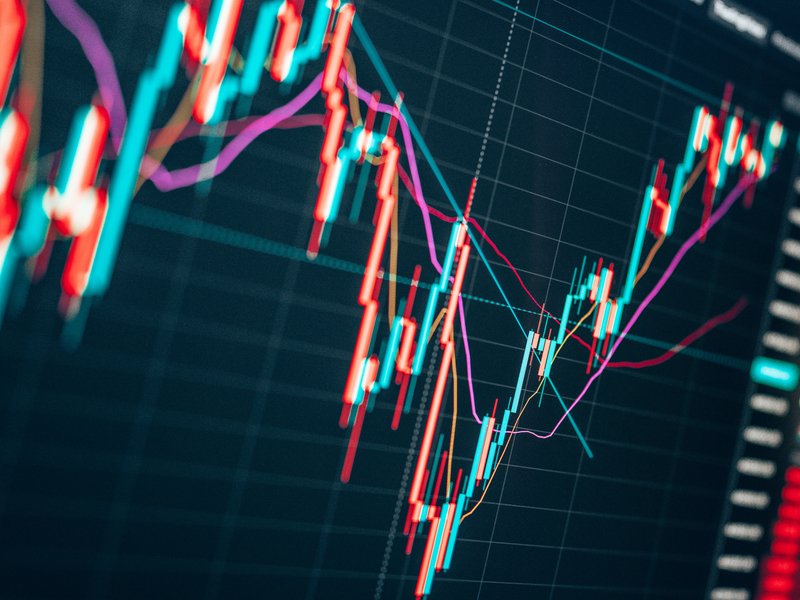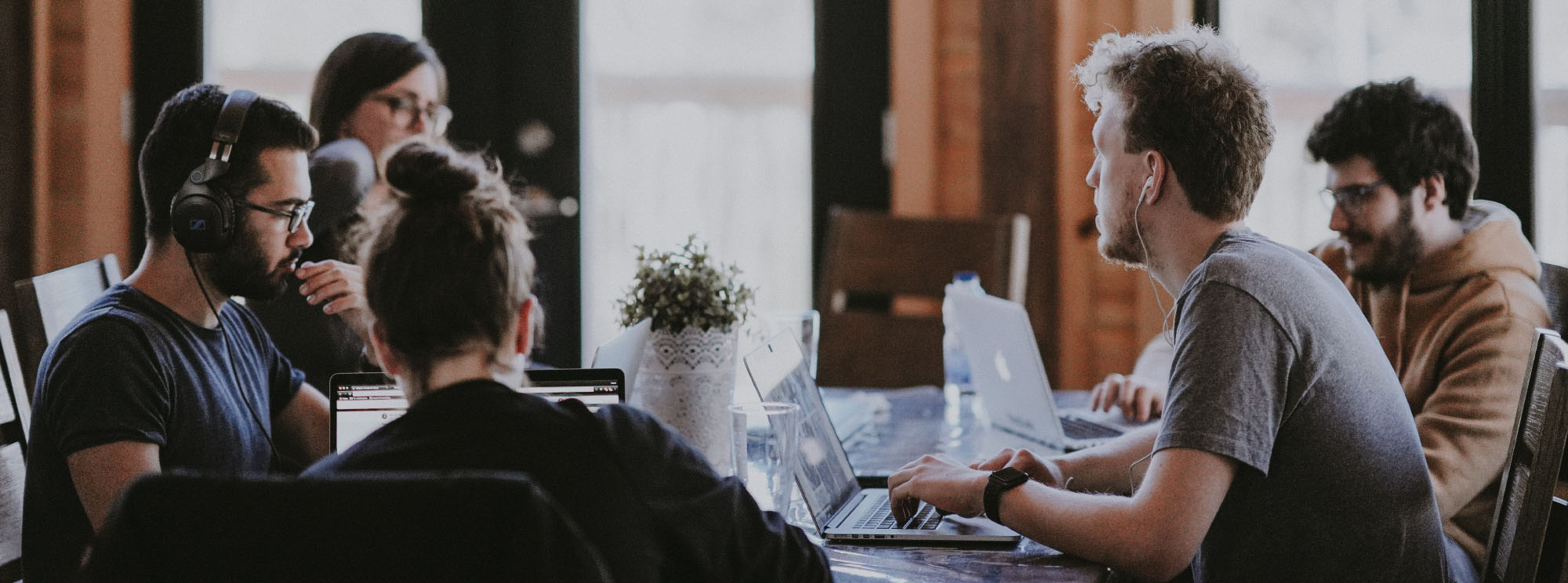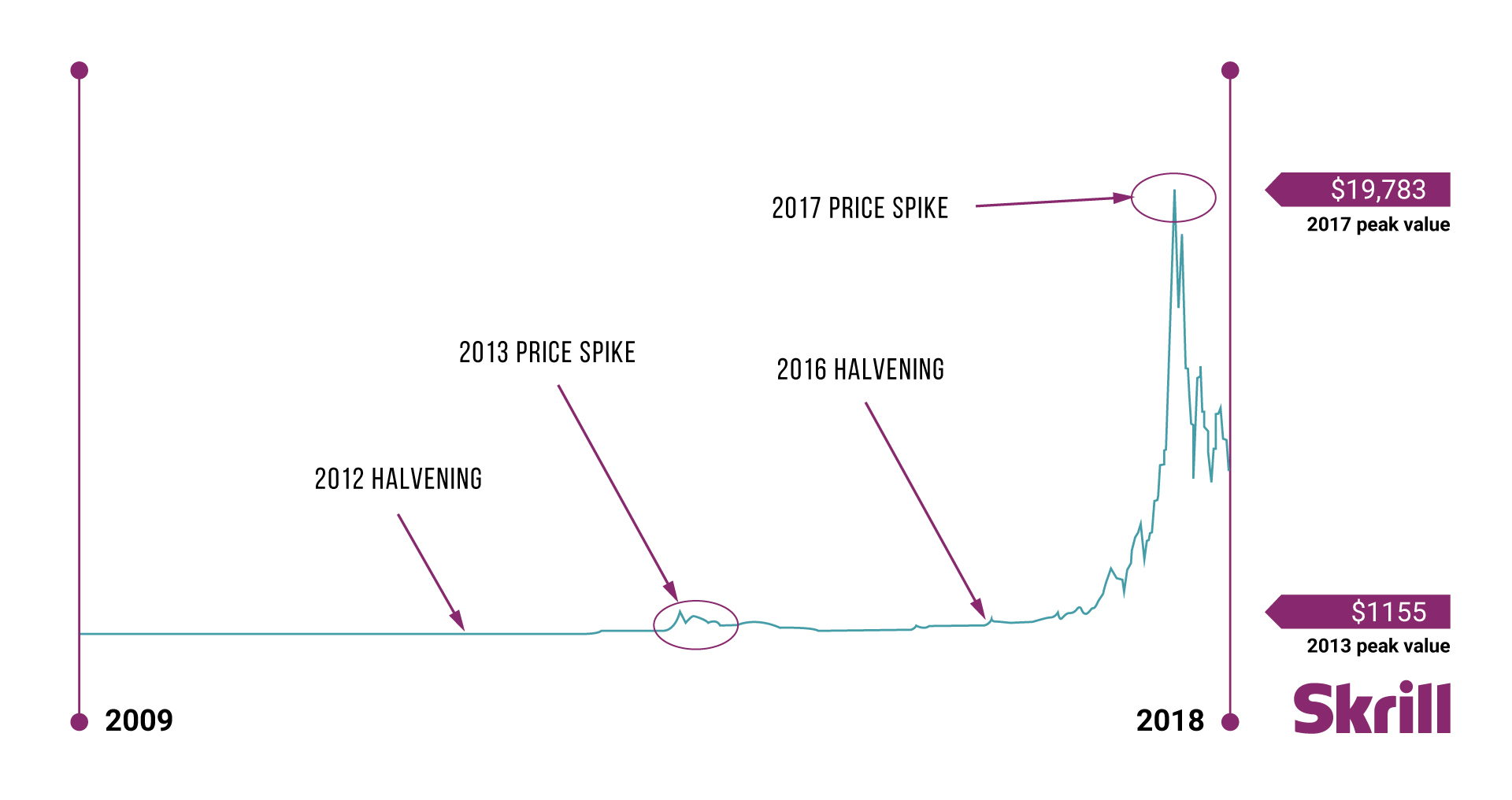Don’t invest unless you’re prepared to lose all the money you invest. This is a high-risk investment and you should not expect to be protected if something goes wrong. Take two minutes to learn more.
This article is not intended to be financial, investment or trading advice. This article is for information and solely for education purposes. It does not protect against any financial loss, risk or fraud.
Information on Bitcoin is vast: how to mine, how to trade, how to invest for the long or shorter term. But sometimes, some of the most basic questions are left unanswered.
Here, we tackle six common crypto questions to give you a basic introduction to digital currencies.
1. How long does it take to mine one Bitcoin?
Understanding the mining process
Bitcoin mining is the process of adding transaction records to Bitcoin's public ledger of past transactions (the “blockchain”). The mining process involves using high-powered computers to solve a computational problem and discover a block (a record of some of the most recent Bitcoin transactions).
In return for mining blocks, miners are rewarded with newly-created Bitcoins.
Although miners are rewarded for their work discovering each block, it's important to understand that the entire Bitcoin mining network is competing in this block discovery process.
This means that only one miner in the entire mining network will successfully discover the block— and since there are potentially tens of thousands of Bitcoin miners in operation, the odds of single-handedly discovering a block is low.
According to some sources, using the current Bitcoin hash and mining difficulty, it would take a solo miner about 7689 days to solve one block and receive 6.25 bitcoins. In other words, mining one bitcoin will take approximately 1,232 days or about 3.37 years.
For this reason, the vast majority of Bitcoin miners work together as part of a mining pool, increasing their chances of discovering a block. Then, regardless of which miner in the pool actually discovers the block, the rewards are distributed evenly throughout the pool.
2. What is Bitcoin farming?
Bitcoin farming is the same as Bitcoin mining, just at a much bigger scale.
Bitcoin farms have tens of thousands of mining machines and use extreme amounts of energy to mine Bitcoin.
Some private companies act as Bitcoin farms. Interestingly, an increasing number of power plants are also becoming Bitcoin farms as they are able to generate the large amounts of energy needed.
3. Is Bitcoin and crypto the same thing?
The short answer is no. Bitcoin is one type of cryptocurrency – in the same way that the Dollar, Pound and Yen are all different types of traditional currency.
Cryptocurrencies are defined as digital assets designed to work as a medium of exchange. They are stored in distributed records and don’t exist in physical form (like paper money). Cryptocurrencies aren’t issued by a central authority i.e. a government.
Bitcoin was the first cryptocurrency and was introduced in 2009. Since then, nearly 6,000 cryptocurrencies, including Ethereum, Ripple and Litecoin, have been launched.

4. What can I buy with cryptocurrency?
These days, you can buy almost anything with cryptocurrency – particularly the well-known cryptocurrencies like Bitcoin. As of 2020, more than 15,000 businesses worldwide accept bitcoins, including 2,300 businesses in the US.
Examples of things you can buy with crypto include:
- Travel and tourism. Some travel and booking agencies let customers transact using bitcoins. This includes payment for online hotel bookings you make through their websites. Certain airlines accept payment with cryptocurrency too.
- Food and drink. Several fast food delivery sites now let you pay with cryptocurrency. Whether you live in the USA, Europe, Russia or elsewhere, these services make food purchases accessible with crypto, even when individual restaurants don’t support crypto payments.
- Gaming and entertainment. Today, Microsoft’s Xbox store and Windows Store allow you to purchase games, movies and more using your bitcoins. You can load the bitcoin into your Microsoft account and then use it as a payment method whenever you’re checking out.
- Online shopping. More and more online shopping providers, selling everything from clothes to cosmetics, now accept cryptocurrency.
5. Can I transfer Bitcoin to cash?
Of course. And it’s easy, too.
To convert Bitcoin to cash, simply sell your bitcoin on a cryptocurrency exchange. This is the easiest method if you want to sell bitcoin and withdraw the cash directly into a digital wallet or a bank account.
With Skrill, you can buy Bitcoin and instantly convert it into 40 different currencies, including British Pounds, US Dollars and Euros.
6. Can I buy a house with Bitcoin?
Yes, houses have been bought with Bitcoin when the buyer and seller are happy to use it as a form of payment.
However, complexities involved with transferring the coins can make a direct purchase difficult.
As a result, buying a house with Bitcoin is still very unusual. More common is to convert Bitcoin into cash for the purpose of the purchase.
Cryptocurrencies are complex products with high price volatility. They are unregulated, without consumer or financial protections. Only risk what you can afford to lose.
For more information, please go to the Skrill Cryptocurrency Risk Statement and the Skrill Cryptocurrency Terms of Use.





